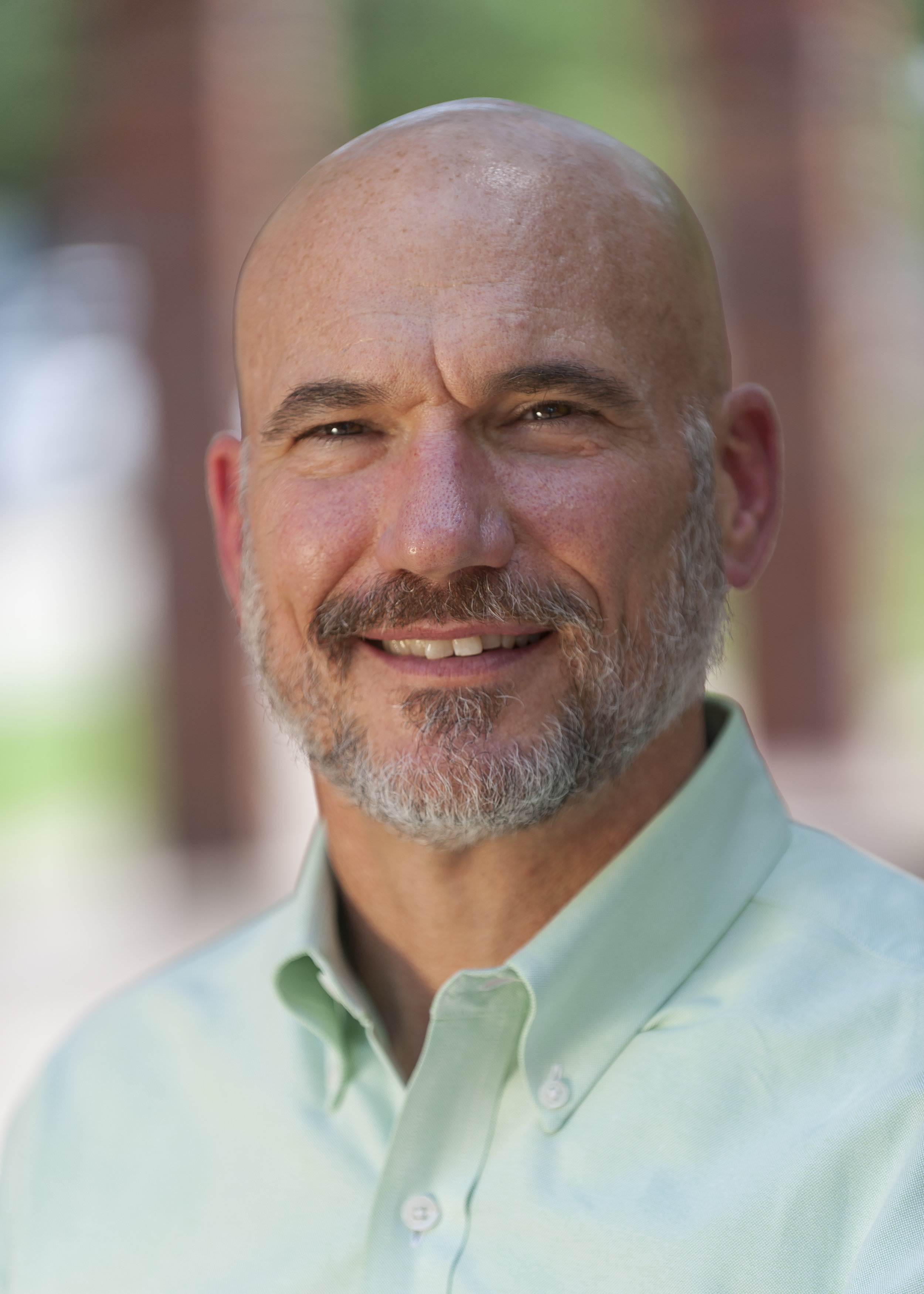Dr. M. Cade Smith
Cade Smith grew up during the 70’s and 80’s in Grenada, MS, about one hour south of Oxford. He began my formal schooling attended Kirk Academy, but going into 5th grade in 1978, his parents allowed him to transfer into the consolidated public school system in Grenada. Attending a racially balanced public school, learning from diverse teachers and classmates, and playing football on public school team allowed Smith to better understand his community, realize the existence of structural and institutional racism, and decide that he wanted to improve state institutions and communities so that all community members had a fair opportunity to thrive.
"I am most passionate about advancing issues of opportunity and equity for all community members," Smith says. "Typically, I try to understand and influence these issues from both the systems and individual levels of work. Creating curricula and programs that develop active and empathetic listening skills in participants from target and non-target populations excites me. Listening-to-understand is the groundwork that allows individuals from very different starting points share and affirm stories within a diverse setting while also developing the emotional resiliency, trust, and listening skills to explore and address systemic and institutional inequities."
Ultimately, Smith believes that these developing skills can be focused on improving our institutions and communities for all community members. He is also passionate about youth and adults investing in their own leadership development using the Social Change Model of Leadership Development. Using this approach, developing leaders focus on improving their individual awareness, contributions to group dynamics, and citizenship within a defined community. The ultimate goal is to create and sustain some real intended change that benefits humanity.
Smith was most influenced by civil rights workers who had the courage and conviction to take great risks to improve Mississippi in the years before his birth. He only discovered this history after graduating from Rhodes College in 1991. "The first book I read regarding this topic was James Silver’s, Mississippi: The Closed Society. Dr. Silver was a professor of history at the University of Mississippi from 1936 to 1964. His book was written after James Meredith’s enrollment in UM and the subsequent riot," Smith says.
Silver’s explanation of why Mississippi was incapable of changing without some external intervention allowed him to better understand racism. SMith also decided on why and how he wanted to address racism at its many levels. During the early 1990’s his growing awareness of racism and civil rights grew to include support for universal human rights, especially for LGTBQ communities.
Smith credits his emerging feminism was driven primarily by first-person interactions with women colleagues in agricultural sciences, women competitive runners, as well as his mom, wife, and daughters. "They continuously teach me how to listen, support, challenge, learn, change, and develop as a feminist. Make no bones about it, I am a work in progress on many fronts, and I will continue to “do my own work” on learning how to be a wise and effective ally and activist for just and inclusive communities.”
"I’ve been at the University of Mississippi for only eight weeks, and I am listening and learning mode. I am humbled by the opportunity to advance community-engaged research, learning, and service at this great university. I’m also thrilled to work with collaborators from all walks of life who are interested in advancing social, economic, and educational opportunities for all members of our community. I believe that the University of Mississippi and our state has the opportunity to demonstrate how to appropriately hold the entirety of our shared history; acknowledge and reconcile the mistakes and injustices of the past and present, and make the sustained commitment to dismantle the barriers that to frequently result in disparities in opportunities and outcomes based on race, sexual orientation, gender, religious affiliation, or national origin. My hope is to leave this institution, our community, and our state marginally better than they were before my arrival."

